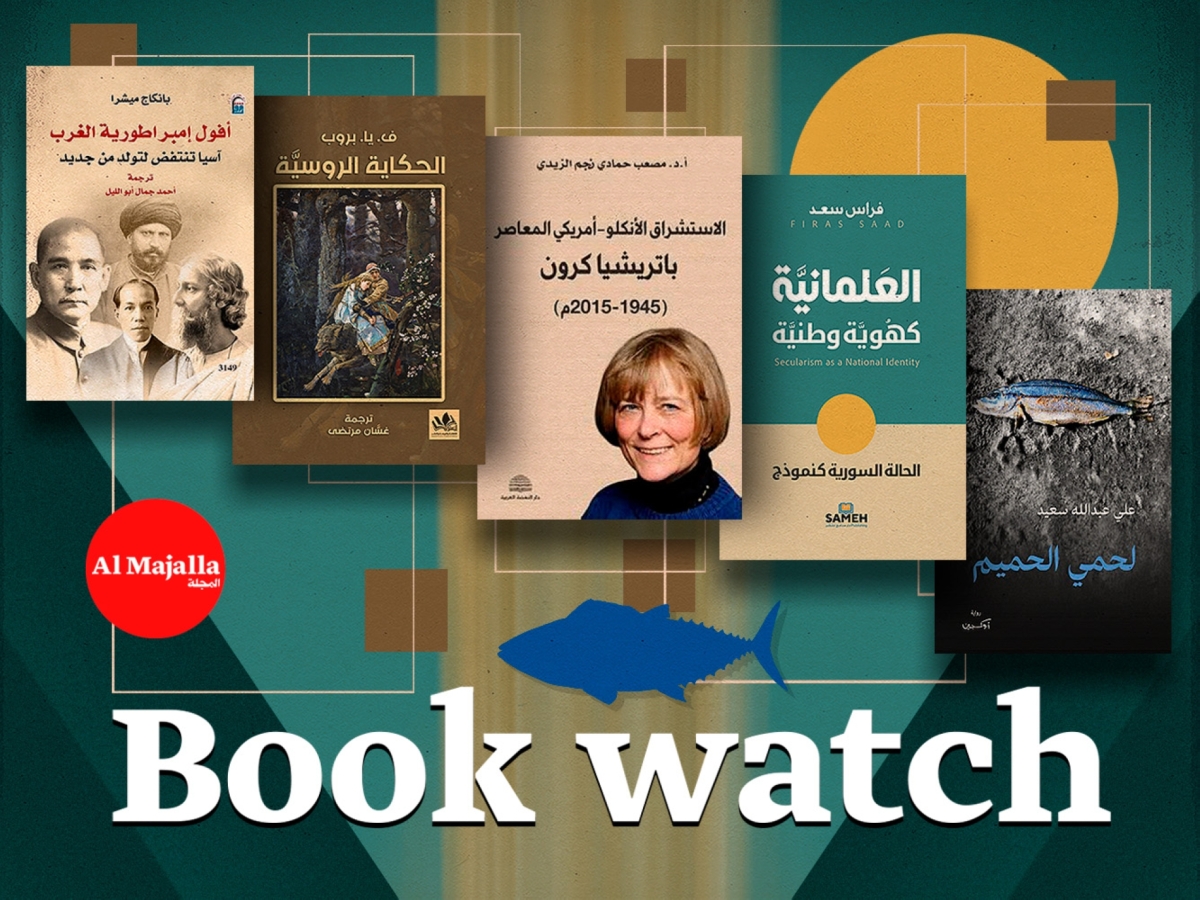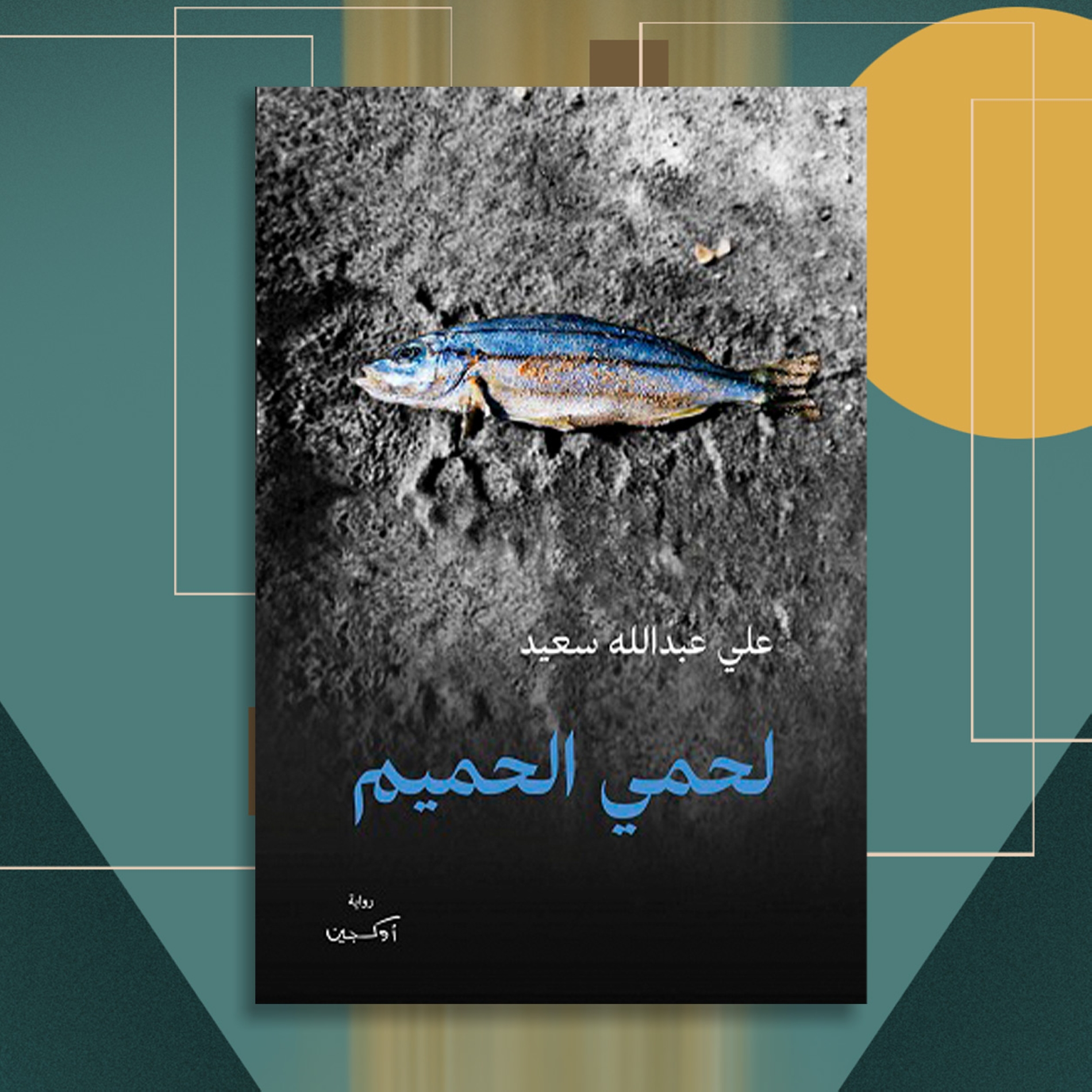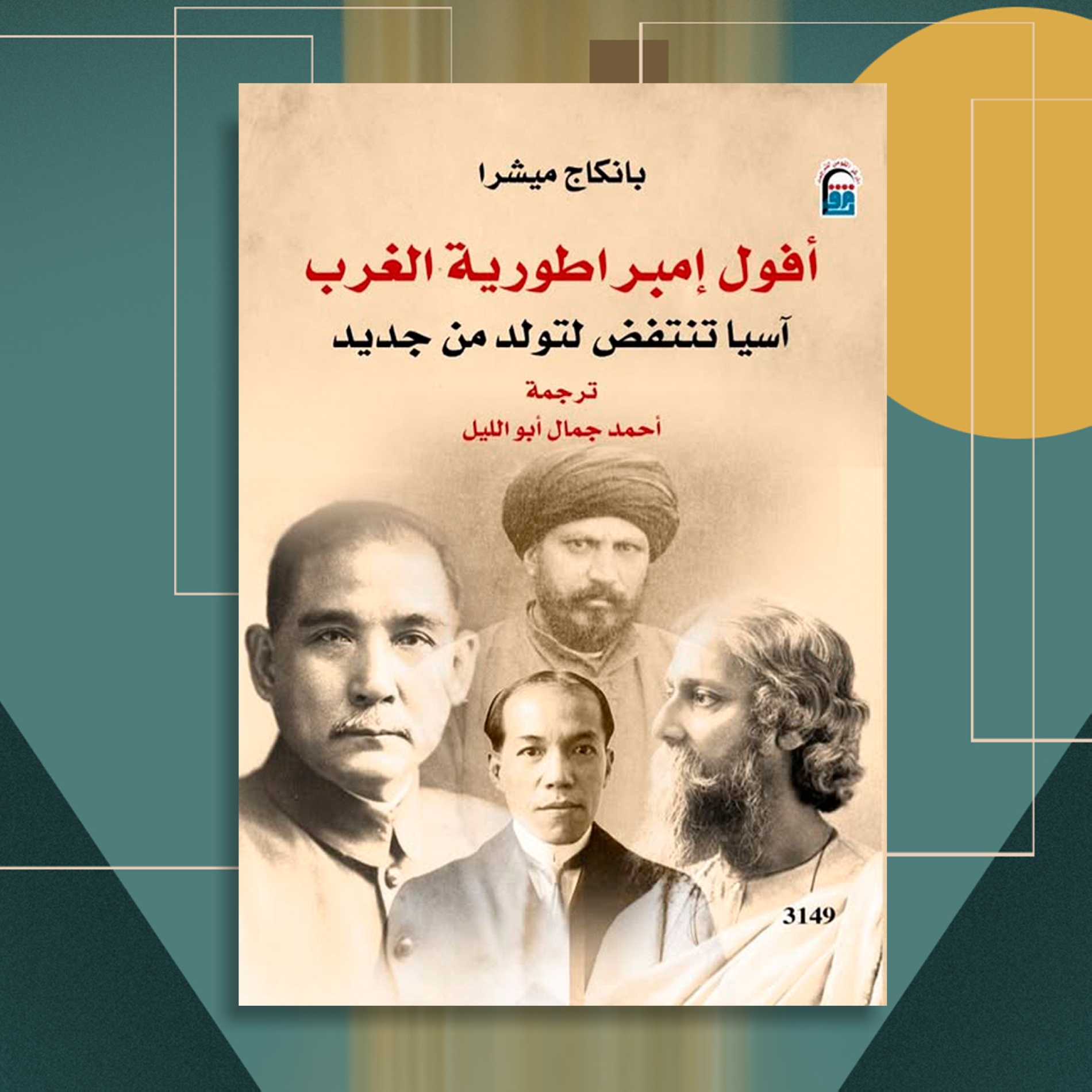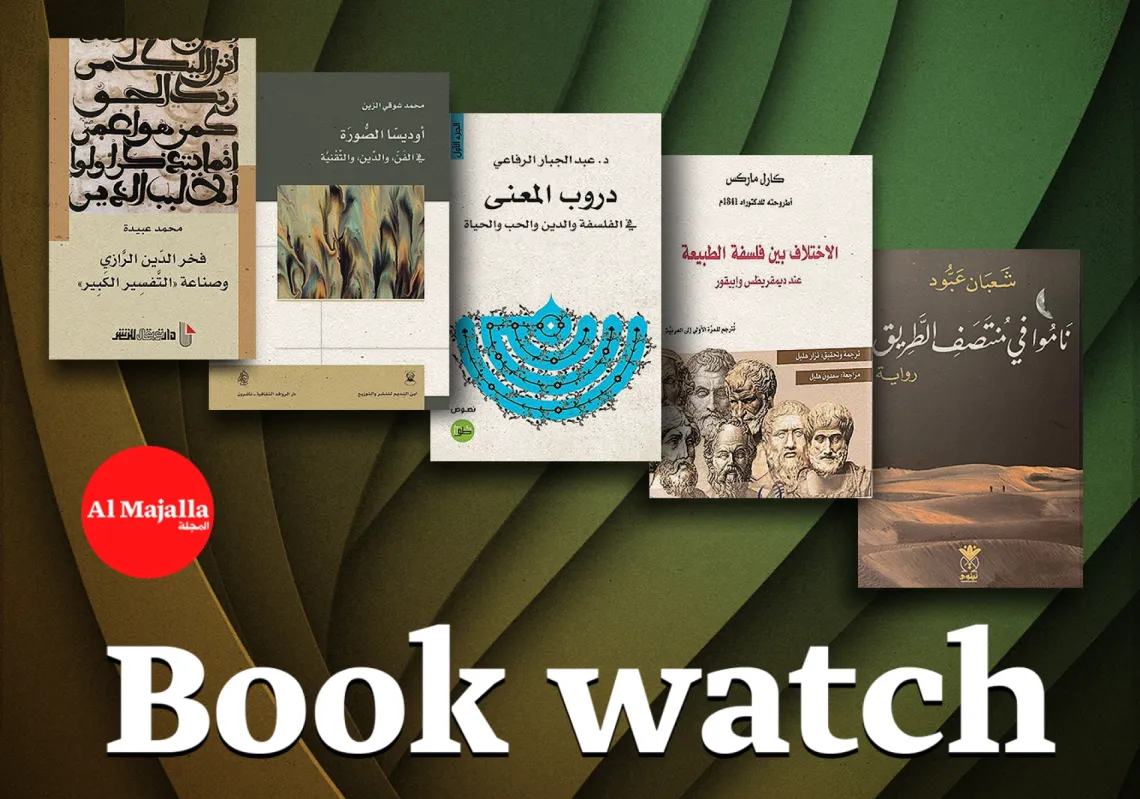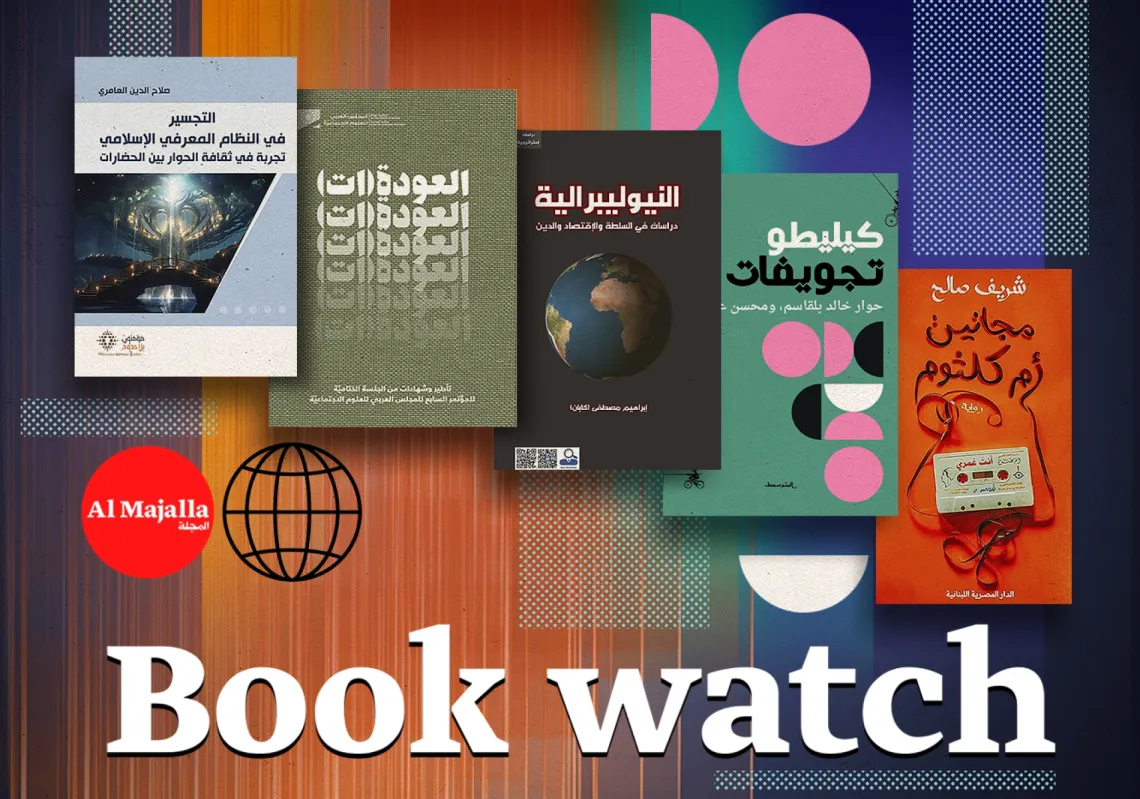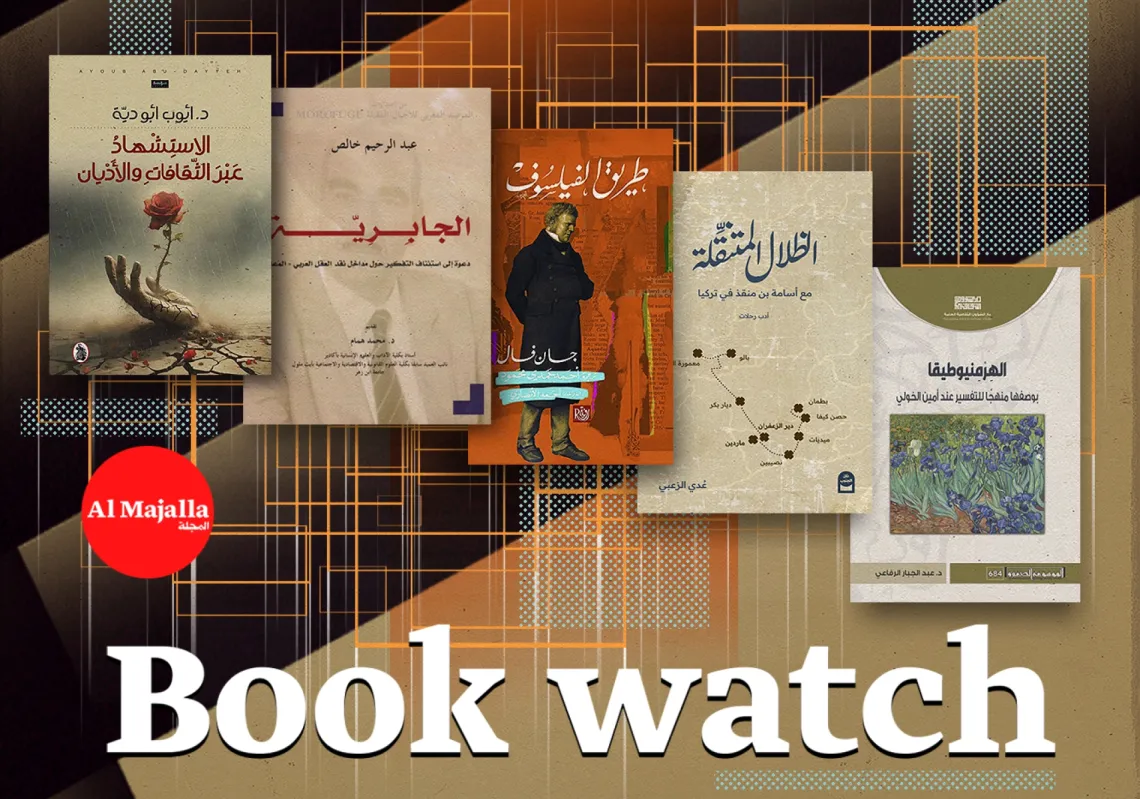The Arab world has a vibrant and rich literary scene. Al Majalla picks out some choice titles in our fortnightly round-up of the latest Arabic books, which aims to highlight some trends and thinking in the Arab world.
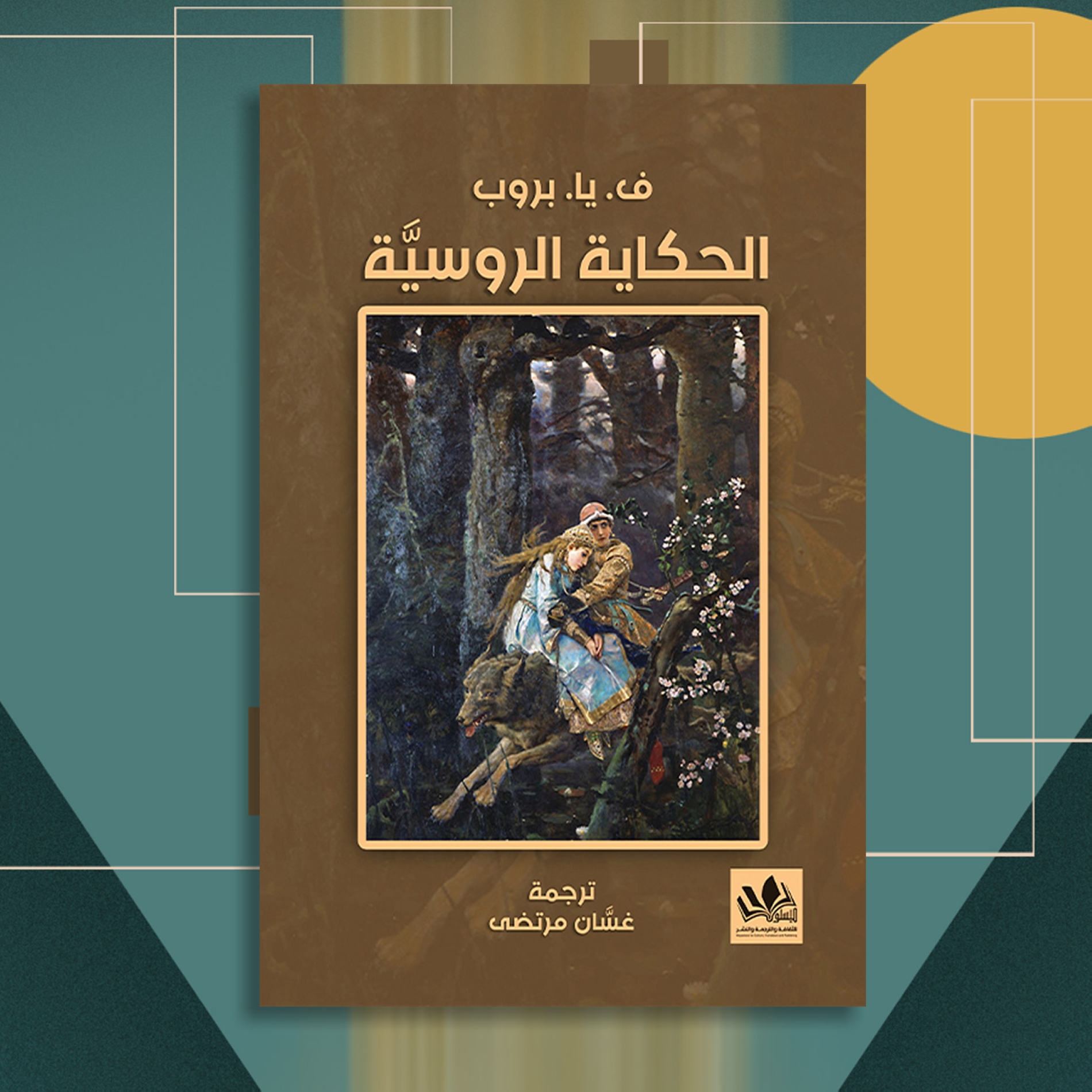
The Russian Tale
Author: Vladimir Yakovlevich Propp
Translator: Ghassan Murtada
Publisher: Maisaloun for Culture, Translation and Publishing, Türkiye
The Russian Tale draws deeply from the traditions of Russian folk literature. The final work of the esteemed Russian literary scholar Vladimir Yakovlevich Propp, the book marks the culmination of a distinguished career devoted to the study of folklore.
Propp examines the Russian tale through a spectrum of theoretical, historical, artistic, and performative lenses. He dissects its structural elements, explores its cultural and social roots, and traces its enduring ties to oral traditions and popular mythology.
While firmly anchored in Russian cultural heritage, the book extends its reach to a global context. Through comparative analysis with folk narratives from around the world, Propp seeks to uncover the common human origins of this expressive art form.
Folk storytelling, he argues, is a shared oral legacy that transcends both geography and language. The book places particular emphasis on oral narration, the work of tale collectors, and the vital role of storytellers in safeguarding cultural memory. This focus lends the work significant value for scholars of Arab folk literature and the historical transmission of oral traditions.
According to the publisher, Propp first became known to Arab readers through his seminal work Morphology of the Folktale. Yet, despite its influence, translations of his other writings did not follow. The publisher has therefore committed to making Propp’s broader oeuvre available in Arabic, citing its considerable worth for researchers in the fields of folk literature, particularly folktales, as well as anthropology and cultural history.
The publisher also notes that The Russian Tale captures the essence of Propp’s previous works, including Folklore and Reality and Problems of Laughter and the Comic. It presents these themes with clarity and critical depth. What distinguishes this book is its concentrated focus on oral storytelling, the figure of the storyteller, and the process of tale collection. These aspects, the publisher suggests, offer valuable insights for those engaged in the study and preservation of classical Arabic literary heritage.
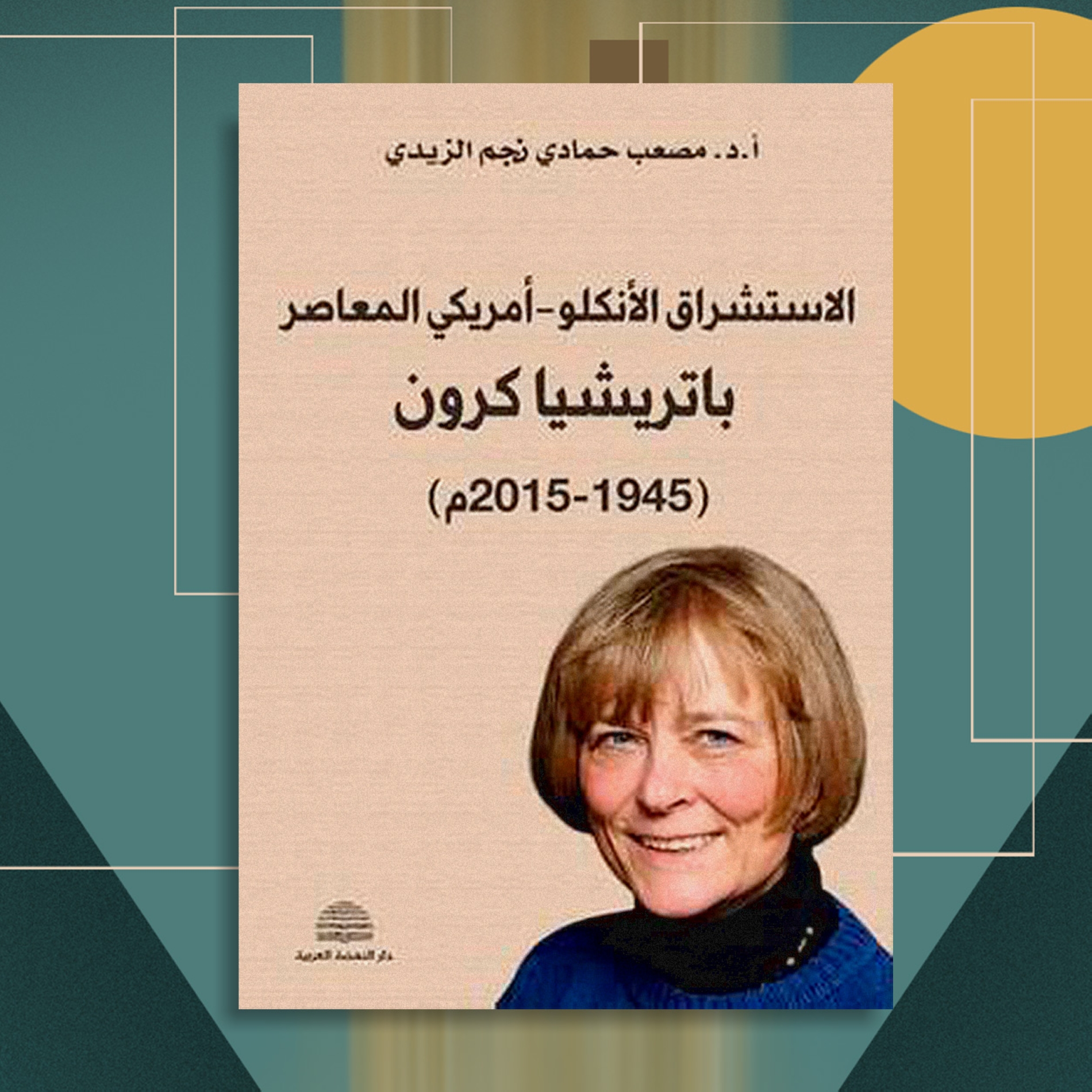
Contemporary Anglo-American Orientalism – Patricia Crone (1945–2015)
Author: Musab Hammadi Najm Al-Zaidi
Publisher: Dar Al-Nahda Al-Arabiya for Printing, Publishing and Distribution, Lebanon
This book presents a critical and analytical study of Patricia Crone, the Danish-born American orientalist recognised as a leading figure in the revisionist school of contemporary Islamic studies.
This movement rose to prominence at the University of London in the 1970s. Crone gained notoriety for her provocative writings on early Islam, adopting a sceptical and deconstructive approach. Her reinterpretation of Islamic texts outside their historical and civilisational contexts sparked considerable debate across both Eastern and Western academic communities.
In this work, Musab Hammadi Najm Al-Zaidi follows Crone’s intellectual development, scrutinising her treatment of classical Islamic sources and dissecting her critical methods. These, he argues, often challenge the historical reliability of Arabic and Islamic texts. He places her methodology within the wider context of Anglo-American Orientalist trends, which he describes as marked by intense criticism of Islamic heritage and broad generalisations that obscure its complexity.
According to the publisher, this school of thought represents “the most aggressive strand in discrediting Arab and Islamic sources”, distinguished by what it characterises as a dismissive and offensive attitude towards Islam and its culture. This outlook, the publisher asserts, has worsened divisions between East and West and deepened widespread misconceptions about Islam.
Rather than merely presenting Crone’s views, the author subjects them to systematic critique, employing a rigorous academic framework and extensive sourcing. His analysis is rooted in a detailed understanding of the history of Orientalist thought. He also calls upon Arab and Muslim scholars to engage constructively with contemporary Western studies on Islam.
Instead of reacting emotionally, he urges a balanced and scholarly response that can contribute meaningfully to restoring fairness in global academic discourse surrounding Islamic civilisation. He contends that the achievements of this civilisation have often been misrepresented, and redressing this should become a core responsibility for researchers in the Arab and Muslim worlds.
Through this study, Al-Zaidi offers a bold and incisive examination of one of the most contentious subjects in modern intellectual dialogue. He combines academic rigour with critical reflection, proposing new directions for Arab scholarship in the field of contemporary Orientalism and intercultural engagement.
This volume stands as a significant contribution to the Arabic library. It enhances the body of critical literature on Western Orientalist thought and offers a thorough analysis of its foundations and its influence on the modern perception of Islam.
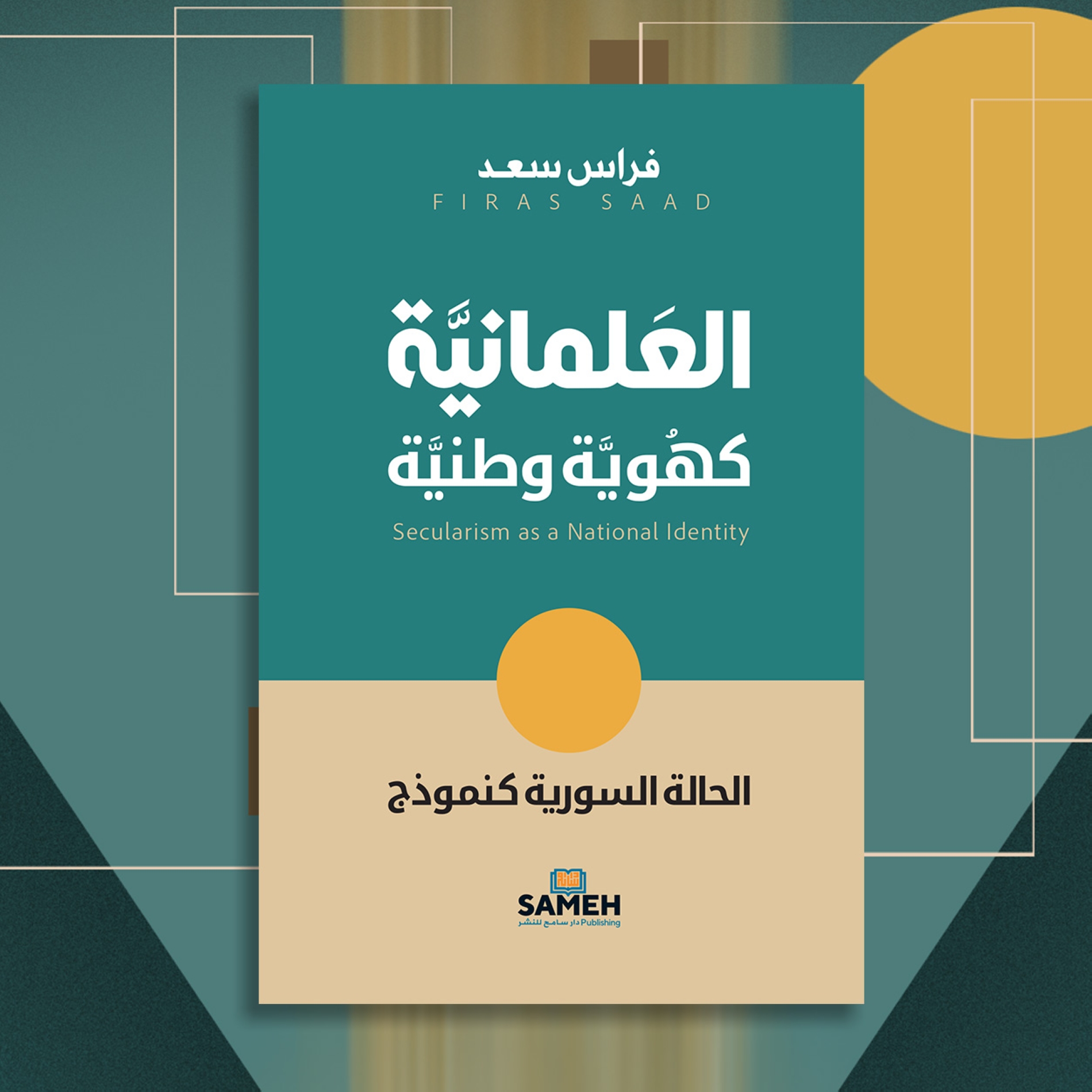
Secularism as a National Identity – The Syrian Case as a Model
Author: Firas Saad
Publisher: Samah Publishing, Sweden
In this philosophical and political inquiry, Syrian author Firas Saad tackles the issue of identity within Arab societies. He seeks to redefine the relationship between the individual, religion, and the state in light of modern political and historical experiences.
Saad frames secularism not as a rejection of religion but as a unifying human framework. It upholds freedom of belief and the right to difference, offering a rational foundation for national identity that transcends sectarian, ethnic, and doctrinal divisions.
He regards difference as a natural human condition and a core value. Recognising this, he argues, is essential to building a free and balanced society. Its absence, or the failure to acknowledge it in Arab contexts, has allowed sectarianism and authoritarianism to take root.
Saad defines identity as an expression of the human essence, rather than a mere affiliation to a group or sect. He contends that traditional Arab thought has tied identity to the collective in ways that deny the individual their autonomy.
Across the book's seven chapters, he traces the historical formation of identities, revealing how religious identity has shifted from a source of spiritual and social cohesion to a tool of division and conflict.


